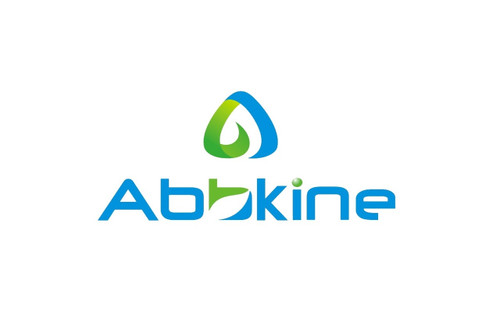Product Description
Rat Calbindin (CALB1) ELISA Kit | AE59190RA | Abebio
Species Reactivity: Rat (Rattus norvegicus)
Abbreviation: CALB1
Alternative Name: CALB; RTVL-H protein|calbindin 1|calbindin 1; (28kD)
Application: ELISA
Range: 9.38-600 pg/mL
Sensitivity: 3.3 pg/mL
Intra-Assay: ≤6.2%
Inter-Assay: ≤7.5%
Recovery: 0, 94
Sample Type: Serum, Plasma, Other biological fluids
Detection Method: Sandwich
Analysis Method : Quantitive
Test Principale: This assay employs a two-site sandwich ELISA to quantitate CALB1 in samples. An antibody specific for CALB1 has been pre-coated onto a microplate. Standards and samples are pipetted into the wells and anyCALB1 present is bound by the immobilized antibody. After removing any unbound substances, a biotin-conjugated antibody specific for CALB1 is added to the wells. After washing, Streptavidin conjugated Horseradish Peroxidase (HRP) is added to the wells. Following a wash to remove any unbound avidin-enzyme reagent, a substrate solution is added to the wells and color develops in proportion to the amount of CALB1 bound in the initial step. The color development is stopped and the intensity of the color is measured.
Product Overview: Calbindin is a calcium-binding protein belonging to the troponin C superfamily. It was originally described as a 27-kD protein induced by vitamin D in the duodenum of the chick. In the brain, its synthesis is independent of vitamin-D-derived hormones. Calbindin contains 4 active calcium-binding domains, and 2 modified domains that presumably have lost their calcium-binding capacity. The neurons in brains of patients with Huntington disease are calbindin-depleted. The sequence showed an open reading frame coding for a protein of 261 amino acids, containing 4 active calcium-binding domains, and 2 modified domains that presumably have lost their calcium-binding capacity. The preliminary data suggested that the 29-kD protein in brain is encoded by a different gene.
Stability: The stability of ELISA kit is determined by the loss rate of activity. The loss rate of this kit is less than 5% within the expiration date under appropriate storage condition. The loss rate was determined by accelerated thermal degradation test. Keep the kit at 37°C for 4 and 7 days, and compare O.D.values of the kit kept at 37°C with that of at recommended temperature. (referring from China Biological Products Standard, which was calculated by the Arrhenius equation. For ELISA kit, 4 days storage at 37°C can be considered as 6 months at 2 - 8°C, which means 7 days at 37°C equaling 12 months at 2 - 8°C) .
 Euro
Euro
 USD
USD
 British Pound
British Pound
 NULL
NULL








